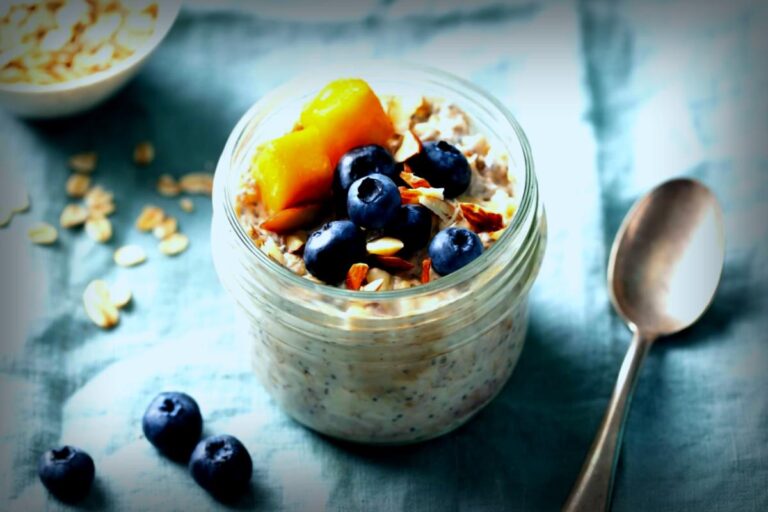Reviewed by Aviv Joshua, MS, RDN
Starting the day with coffee is a common routine for many. Given its caffeine content, coffee can give your metabolism a little uplift, which helps your body to burn additional calories, reduces fat, and even cuts down on hunger.
Exploring Coffee’s Role in Metabolism
Metabolism is basically how our body transforms food into energy, and the metabolic rate indicates how quickly you burn off those calories.
So, in what ways does coffee help to rev up your metabolism?
- Increases calorie burning: Research shows your metabolic rate might increase by 5-20% for about three hours after consuming coffee. An older study indicated that if you have 100 mg of caffeine every couple of hours for 12 hours, it could lead to around 150 extra calories burned for folks of normal weight, and about 79 calories for those who are obese.
- Enhances fat breakdown: Drinking coffee can make your body better at breaking down fats. Interestingly, this effect appears to be more pronounced in people who are lean compared to those with higher body weight.
- May curb appetite: Some research suggests that having coffee before a meal could lower the overall calorie intake. In one study, men cut their calorie consumption by about 20% after consuming caffeine before meals, although the same finding wasn’t consistent with women.
However, just sipping coffee on its own isn’t a ticket to weight loss. To shed some pounds, you’ll need a well-rounded approach that includes healthy eating and regular exercise.
Nutritional Insights
A single cup of brewed coffee brings several nutrients to the table:
| Nutrients | 1 Cup of Coffee |
| Calories | 4.96 |
| Caffeine | 91.8 mg |
| Thiamin (Vitamin B1) | 0.05 mg |
| Niacin (Vitamin B3) | 1.98 mg |
| Potassium | 124 mg |
| Magnesium | 9.92 mg |
| Calcium | 4.96 mg |
| Phosphorus | 7.44 mg |
Coffee is also rich in antioxidants and phenolic compounds.
Note that this nutrient info focuses solely on coffee, without any added sugar or cream.
Possible Downsides of Coffee
While most people can enjoy coffee in moderation with no major issues, there are potential side effects to keep in mind:
- Elevated heart rate or blood pressure: Consuming a lot of caffeine may lead to an uptick in your heart rate or blood pressure. If you have a history of blood pressure problems, consider talking to your healthcare provider about your caffeine intake.
- Reduced calcium absorption: Drinking too much coffee can lead to increased calcium loss. But this loss is minor and can be offset if you drink milk with your coffee, which is high in calcium.
- Insomnia: Overindulging in coffee can worsen sleep issues, especially if consumed later in the day, as caffeine effects last for several hours.
Is Daily Coffee Drinking Safe?
For the majority, having a cup of coffee each day is totally fine. Generally, up to 400 mg (roughly three to five cups) is considered safe.
Who Should Consider Limiting Coffee?
Coffee isn’t for everyone, and some individuals might need to limit or avoid it entirely:
- Kids and teens: The brain is still growing. The American Academy of Pediatrics suggests no caffeine for kids under 12 and a maximum of 100 mg for adolescents aged 12-18.
- Pregnant individuals: Those pregnant can usually have a bit of caffeine (less than 300 mg daily), but should steer clear of excess.
- Breastfeeding individuals: Caffeine can pass into breastmilk, so keeping caffeine consumption low is advisable.
- People sensitive to coffee: For many, such as those with reflux, coffee can worsen their symptoms.
Key Points
- Coffee provides caffeine that can temporarily enhance your metabolism by boosting calorie burning, increasing fat breakdown, and curbing hunger.
- Sipping coffee isn’t a miracle cure for weight loss—real change comes from a balanced diet and regular exercise.
- For most healthy people, a daily coffee habit won’t hurt, but some may need to limit their caffeine.
Check out the original article on Verywell Health

















